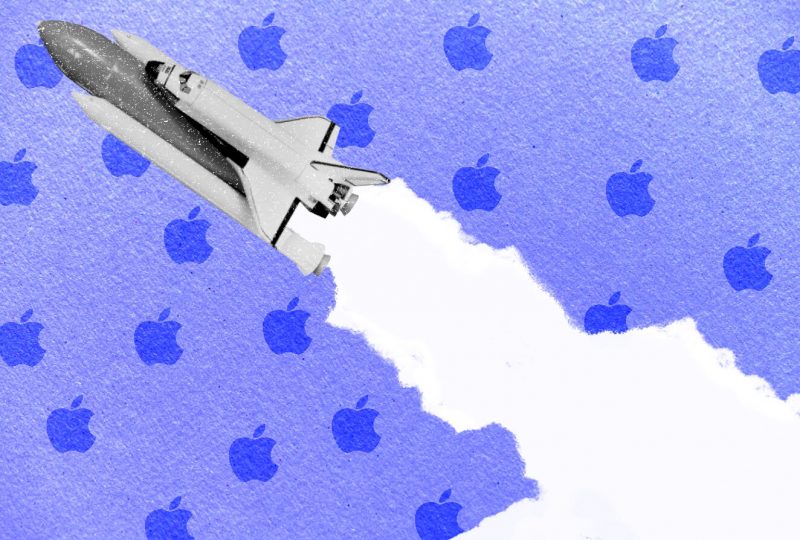After The Stock Market Closed There Will Be Earnings That Finish 2023’s Rally.
Aug 22. 2023

The stock market continues to be weighed down by continually increasing long-term interest rates. This week after the stock market closed, the main averages fell further from their recent highs, led by the so-called Magnificent Seven.
According to Doug Peta, chief U.S. analyst at BCA Research, the end of the stock market’s 2023 run is nigh. He attributes this to the second crucial component in the investment equation, corporate profitability, rather than the movement of interest rates.
Expectations were “bombed out” at the close of last year, he said in an interview. The corporate earnings threshold was set low to outperform pessimistic projections. He argues why the bar is increasing for more optimistic forecasts in the following year. As a result, investors are preparing to be disappointed going forward after being pleasantly delighted on the upside in the first half of 2023.
Putting statistics to those perceptions, Peta says investors expected profits for S&P 500 businesses to be about $190-$195 per share this year. Instead, actual results after the stock market closed outperform projections by roughly 11%, with consensus full-year estimates for 2023 rising to over $219.
Earnings growth is being stretched into next year, with average predictions for calendar 2024 at a whopping $246. To be sure, analysts’ profit estimates for the future are based on assumptions about sales and costs that they enter into spreadsheets. To be fair, earnings projections this far out are loaded with uncertainties.
Peta believes such projections will fall short. It will be tough to surprise on the upside in 2024, just as it was difficult to disappoint on the downside in the first half of this year. His top-down prediction “conservatively” predicts a 5% reduction in S&P 500 profits per share to around $210 next year.
This would bring the large-cap benchmark above 20 times profits for the upcoming fiscal year. Rising interest rates should exert downward pressure on the price/earnings ratio. Lower profits and lower P/E ratios aren’t a recipe for rising stock prices, especially as we approach the most volatile months of the year, September and October.
For the next week, all eyes will be on Jackson Hole, Wyoming, the location of the Federal Reserve’s annual big-think retreat. It should be noted that the location was originally chosen to entice Paul Volcker, then-chief of the Federal Reserve, to his favourite vacation activity, fly fishing. It would be surprising if Powell departed from Volcker’s hardline anti-inflationary position.




